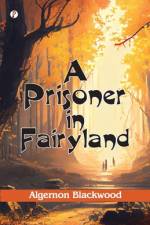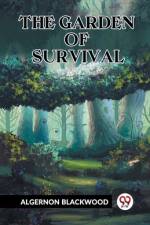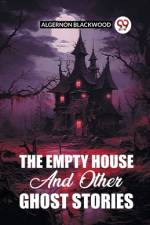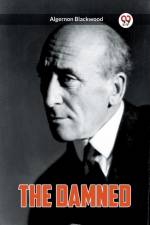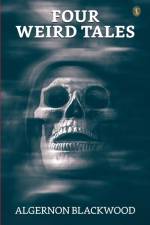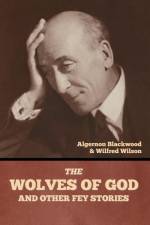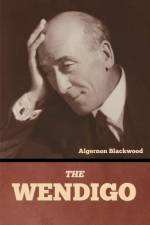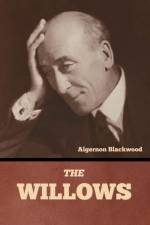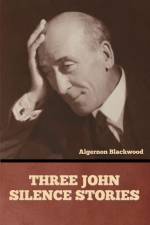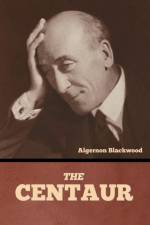von Algernon Blackwood
22,00 €
"The Willows" is a novella by English author Algernon Blackwood, originally published as part of his 1907 collection The Listener and Other Stories. It is one of Blackwood's best known works and has been influential on a number of later writers. Horror author H.P. Lovecraft considered it to be the finest supernatural tale in English literature. "The Willows" is an example of early modern horror and is connected within the literary tradition of weird fiction. Two friends are midway on a canoe trip down the River Danube. Throughout the story, Blackwood personifies the surrounding environment-river, sun, wind-with powerful and ultimately threatening characteristics. Most ominous are the masses of dense, desultory, menacing willows, which "moved of their own will as though alive, and they touched, by some incalculable method, my own keen sense of the horrible."Shortly after landing their canoe for the evening on a sandy island near Bratislava in the Dunajské luhy Protected Landscape Area of Austria-Hungary, the narrator reflects on the river's potency, human qualities, and his own will:Sleepy at first, but later developing violent desires as it became conscious of its deep soul, it rolled, like some huge fluid being, through all the countries we had passed, holding our little craft on its mighty shoulders, playing roughly with us sometimes, yet always friendly and well-meaning, till at length we had come inevitably to regard it as a Great Personage.Blackwood also specifically characterizes the silvery, windblown willows as sinister:And, apart quite from the elements, the willows connected themselves subtly with my malaise, attacking the mind insidiously somehow by reason of their vast numbers, and contriving in some way or other to represent to the imagination a new and mighty power, a power, moreover, not altogether friendly to us.At one point, the two men see a traveler in his "flat-bottomed boat". However, the man appears to be warning them and ultimately crosses himself before hurtling forward on the river, out of sight. During the night, mysterious forces emerge from within the forest, including dark shapes which seem to trace the narrator's consciousness, tapping sounds outside their tent, shifting gong-like noises, bizarre shadows, and the appearance that the willows have changed location. In the morning, the two realize that one of their paddles is missing, a slit in the canoe needs repair, and some of their food has disappeared. A hint of distrust arises between them. The howling wind dies down on the second day, and a humming calm ensues. During the second night, the second man, the Swede, attempts to hurl himself into the river as a "sacrifice". However, he is saved by the narrator. The next morning, the Swede claims that the mysterious forces have found another sacrifice which may save them. They discover the corpse of a peasant lodged in roots near the shore. When they touch the body, a flurry of living presence seems to rise from it and disappear into the sky. Later, they see the body is pockmarked with funnel shapes similar to the ones viewed across the island's coastline during their experience. These are "Their awful mark!" the Swede says. The body is swept away, resembling an "otter" they thought they had seen the previous day, and the story ends. (wikipedia.org)


